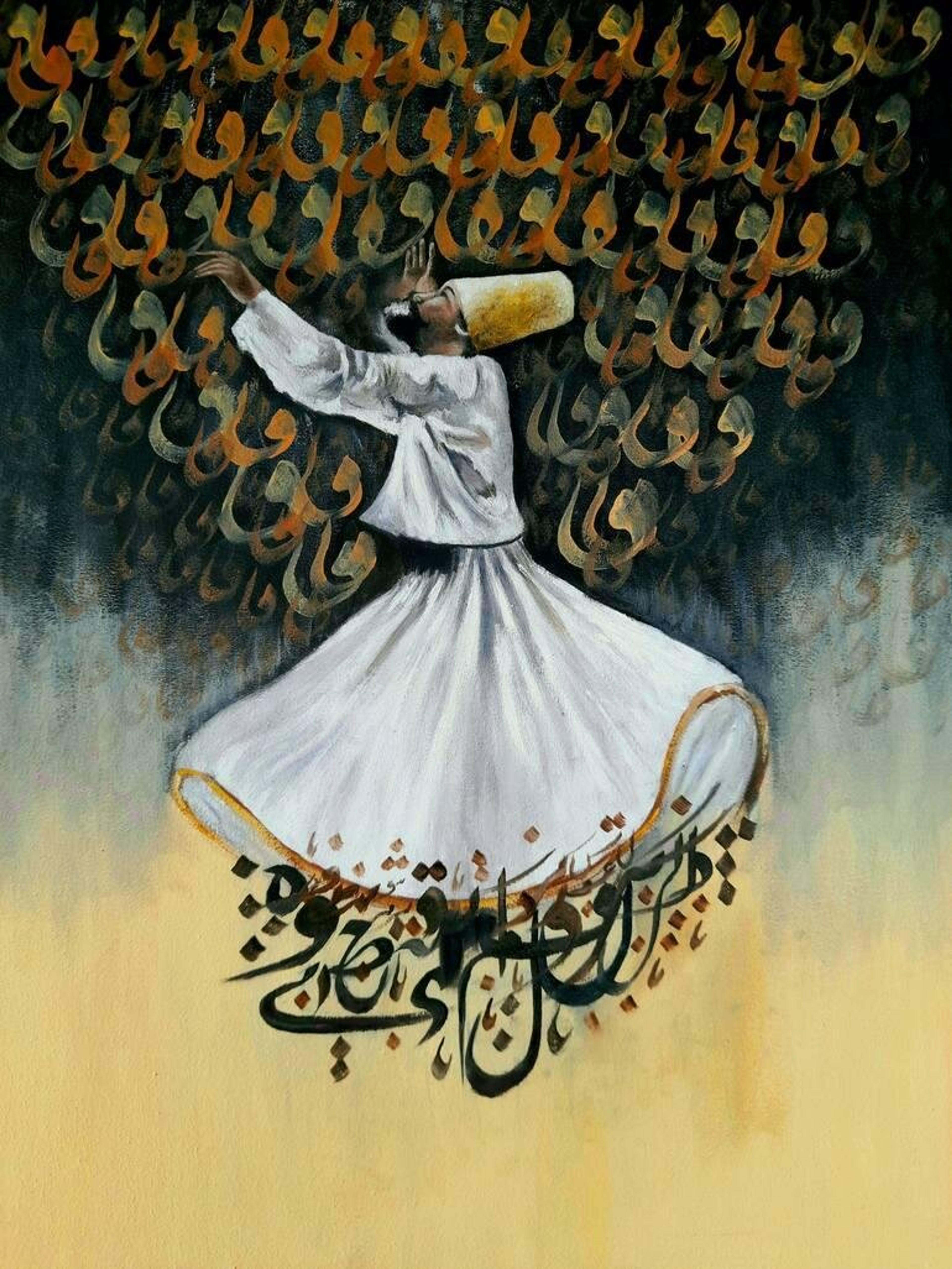Sufism, the mystical dimension of Islam, traces its origins to the early days of the faith. Emerging in the 8th century Persia, Sufism has since woven a rich tapestry of spiritual practices, philosophy, and a unique approach to experiencing the divine. This mystical tradition has played a pivotal role in shaping the spiritual landscape within Islam. As we delve into the history, importance, and distinctive features of Sufism, we uncover a profound exploration of the inner dimensions of faith that set it apart from mainstream religious practices. The practice gained momentum owing to its liberal inclusive ideologies and soon found its way to India during the Sultanate of Delhi in the 12th century, introduced by Khwajah Muinuddin Chishti.
Other important Chishti saints in India included Hazrat Nizamuddin Auliya, Nasiruddin Chiragh and Muhammad Banda Nawaz, amongst others. By the 11th and 12th centuries, Sufis were organised into 12 orders known as ‘silsilas’. Each ‘silsila’ was typically led by a prominent mystic, residing in a ‘khanqah’ or hospice, alongside their disciples. The crucial connection between the teacher (‘pir’ or ‘murshid’) and the disciples (‘murids’) played a vital role in the Sufi system. ‘Pirs’ would appoint a successor or ‘wali’ to continue their spiritual work. Over time, ‘khanqahs’ evolved into significant centres for learning and preaching, with many Sufis incorporating ‘sama’, or musical congregations, in their practices, leading to the development of qawwali during this period.

The term ‘sufi’ likely originates from the Arabic word ‘suf,’ meaning ‘one who wears wool,’ as woollen garments were commonly worn by ascetics. Another potential origin is ‘safa,’ signifying purity in Arabic. Sufis are also referred to by other terms such as ‘wali’, ‘faqir’, and ‘darwesh’. Sufism’s roots can be traced to the teachings of early Islamic mystics, particularly figures like Rabi’a al-Adawiyya and Hasan al-Basri. However, Sufism gained prominence during the Abbasid Caliphate, evolving as a response to the institutionalization of Islam and the growing materialism within the Muslim community. Sufis sought a direct and intimate connection with the divine, emphasising love, introspection, and a disciplined spiritual life. Over the centuries, various Sufi orders emerged, each with its unique practices and teachings. Notable orders include the Qadiriya, Naqshbandiya, and Chishtiya, all contributing to the diverse landscape of Sufi spirituality.
Sufism places a strong emphasis on experiential knowledge of God, transcending mere intellectual understanding. Through practices such as ‘dhikr’ (remembrance of God), meditation, and ecstatic dance, Sufis aim to achieve a state of spiritual closeness and union with the divine. The concept of ‘tasawwuf’, or spiritual purification, is central to Sufism, encouraging followers to purify their hearts from worldly attachments. Sufi poetry, with luminaries like Rumi and Hafez, serves as a profound expression of the soul’s longing for God, while Sufi dance, most notably of the whirling dervishes of the Mevlevi order, symbolise the seeker’s journey toward spiritual enlightenment.
Unlike mainstream religious practices that focus on external rituals and legalistic interpretations, Sufism emphasises on the inner dimensions of faith. It encourages followers to go beyond the surface of religious observances, seeking a deeper connection with God through personal experiences and spiritual insights. Sufis often engage in spiritual mentorship, known as ‘suhba’, where a spiritual guide, or ‘sheikh’, assists disciples in navigating their spiritual journey. This personalised approach fosters a sense of community and shared spiritual growth, distinguishing Sufism from more institutionalised forms of worship.
Sufism acknowledges the importance of outer rituals but places greater emphasis on the inner transformation of the individual. This emphasis on the inner dimension has led some scholars to describe Sufism as the ‘heart’ of Islam, complementing the ‘body’ represented by legal and ritualistic aspects. However, one need not understand Islam and Sufism interchangeably. The latter is constituted of aspects that make it transcendental of religious exclusivity, focusing on spiritual universality instead. Sufism has a universal appeal that transcends sectarian boundaries. Sufi teachings often emphasise love, tolerance, and the unity of all existence, bridging gaps between different religious traditions. While Sufism has deep roots in Islam, its principles resonate with seekers from various backgrounds, contributing to a more inclusive and interconnected spiritual tapestry.

As Sufism continues to inspire seekers on their quest for spiritual enlightenment, it remains a testament to the diversity and depth within the Islamic tradition, inviting individuals to seek a deeper, more personal connection with the transcendent.
Ifrah Fatima is a student pursuing English Literature from Jamia Millia Islamia.
Edited by: Mukaram Shakeel




